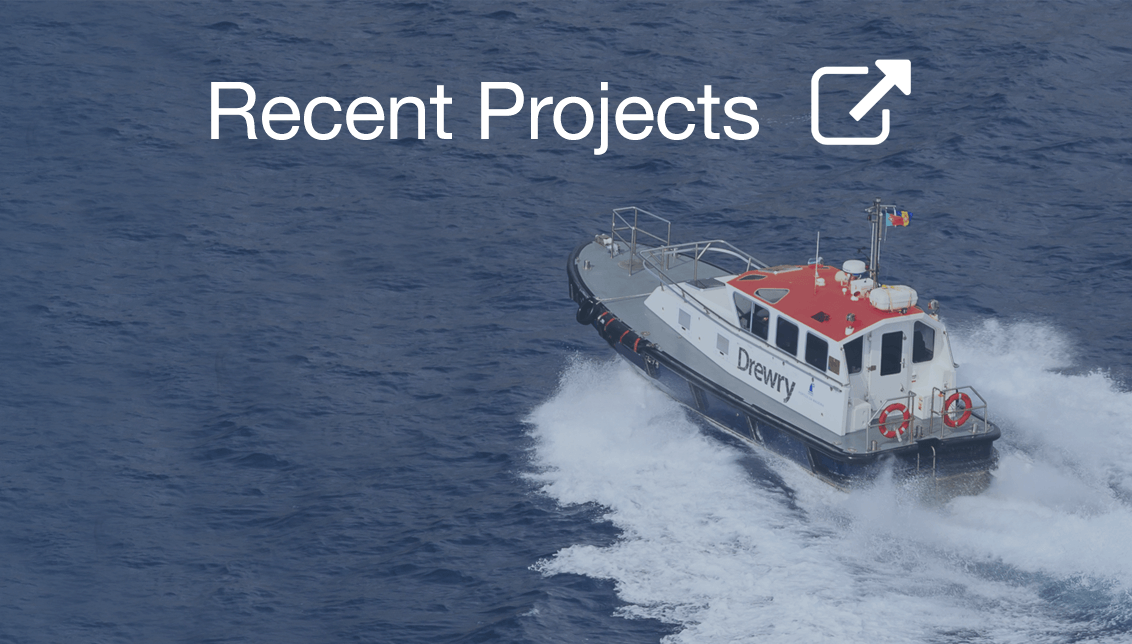Browse Products by Sector
Container ShippingContainer Equipment Assets
Ports and Terminals
Dry Bulk Shipping
Tanker Shipping
Gas Shipping
Specialised Shipping
Airfreight Transport
Logistics Management
Ship Operations and Management
Other popular areas
Browse subscriptions by Sector
Container ShippingPorts and Terminals
Dry Bulk Shipping
LPG Shipping
LNG Shipping
Crude Tanker Shipping
Product Tanker Shipping
Financial Advisory
Valuations
Drewry Financial Research Services Ltd is authorised by the UK Financial Conduct Authority (FCA).
Our Experience
Financing For Sustainable Maritime Transport
Client: IMO, World Bank and EBRD
Background
-
The energy transition in shipping will require new technologies, alternative fuels and infrastructure to support low- and zero-carbon shipping. This transition will need collaboration and cooperation across many different stakeholders, including land-based energy suppliers and ports, as well as major investments.
-
Currently, traditional funding and financing instruments (e.g., loans or corporate investments) have not been designed to address the high-risk and uncertain investments required to decarbonize the shipping sector. The “Financing Sustainable Maritime Transport Roundtable” (FIN-SMART Roundtable) initiative, co-led by World Bank, EBRD and the International Maritime Organization (IMO), therefore sought to address these sustainable financial gaps.
-
Drewry was appointed to recommend the initiatives to be taken by the multilateral agencies.
Client Objectives
-
Develop a report mapping out initial options for both public and private financial instruments to help implement the energy transition in the shipping industry, both within the shipping fleets and in the port infrastructure.
-
These investment solutions were to be built on existing initiatives already present in the maritime industry and associated sectors and overcome the traditionally fragmented nature of the ship and port financing.
-
The study required a specific focus on financing maritime transport in developing countries, SIDS and LDCs.
Drewry Approach
-
This study was completed combination of desktop research as well as primary survey.
-
Consideration was given to the requirements of the economies all stages of development including Small Island Developing Societies.
-
Drewry team conducted the primary survey of the stakeholders of ports and shipping sectors. It also included ship finance banks and the banks engaged in financing port sector.
-
The study required close cooperation with the client and engagement/presentation to key stakeholders of all the IMO member states.
Results Achieved
The final report included:
Output 1: High-level assessment of common financial mechanisms and initiatives in the shipping and ports industry. It also included an overview of various green financing options for shipping and ports
- Identify the most relevant regulatory initiatives
- Analysis of current green shipping financial initiatives structures, highlighting the ones which are the most commonly utilised
- Assessment of risks and barriers most commonly associated with financing the shipping industry, associated port infrastructure and the climate transition
Output 2: Stocktaking of the shipping sector’s financial supply chain and its current state of play
- Breakdown of the industry’s components, their capital structure and the financial mechanisms used to support standard operations and decarbonization and its implications
- Breakdown of the industry’s components, their capital structure and the financial mechanisms used to support standard operations and decarbonization
- Financing instruments commonly used by the industry and each key stakeholder category
- Current and potential role of sustainability-linked capital market instruments
Output 3: Proposals for financial mechanisms to support shipping decarbonization
- Present the most suitable financing mechanisms evaluated in Output 1 and 2 to support decarbonization of the maritime industry
- Major risks related to the development of such a mechanism and how these can be mitigated, in particular, through multilateral development banks
© Copyright 2024 | Drewry Shipping Consultants Limited. All Rights Reserved. Website Terms of Use | Privacy Policy



